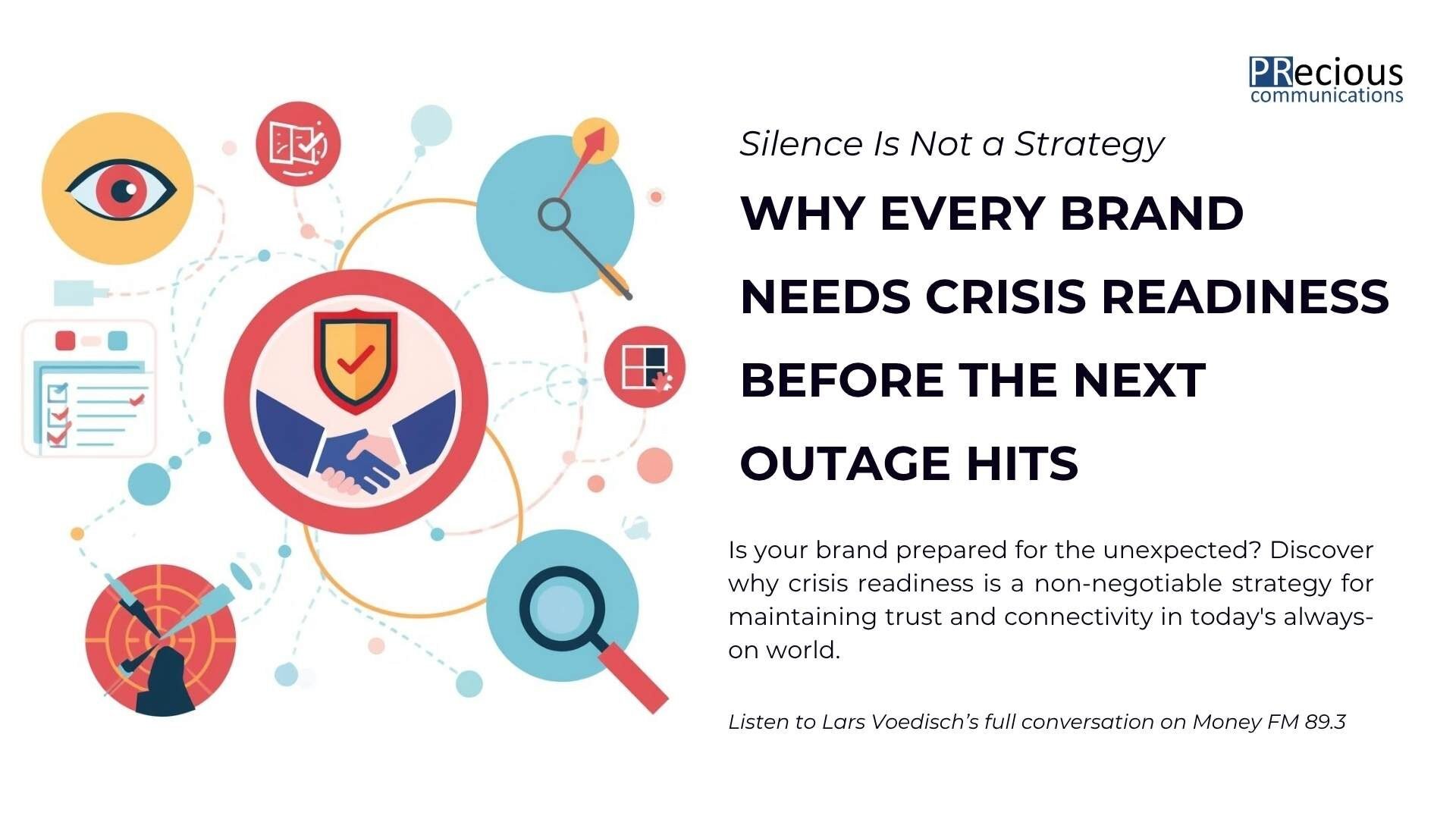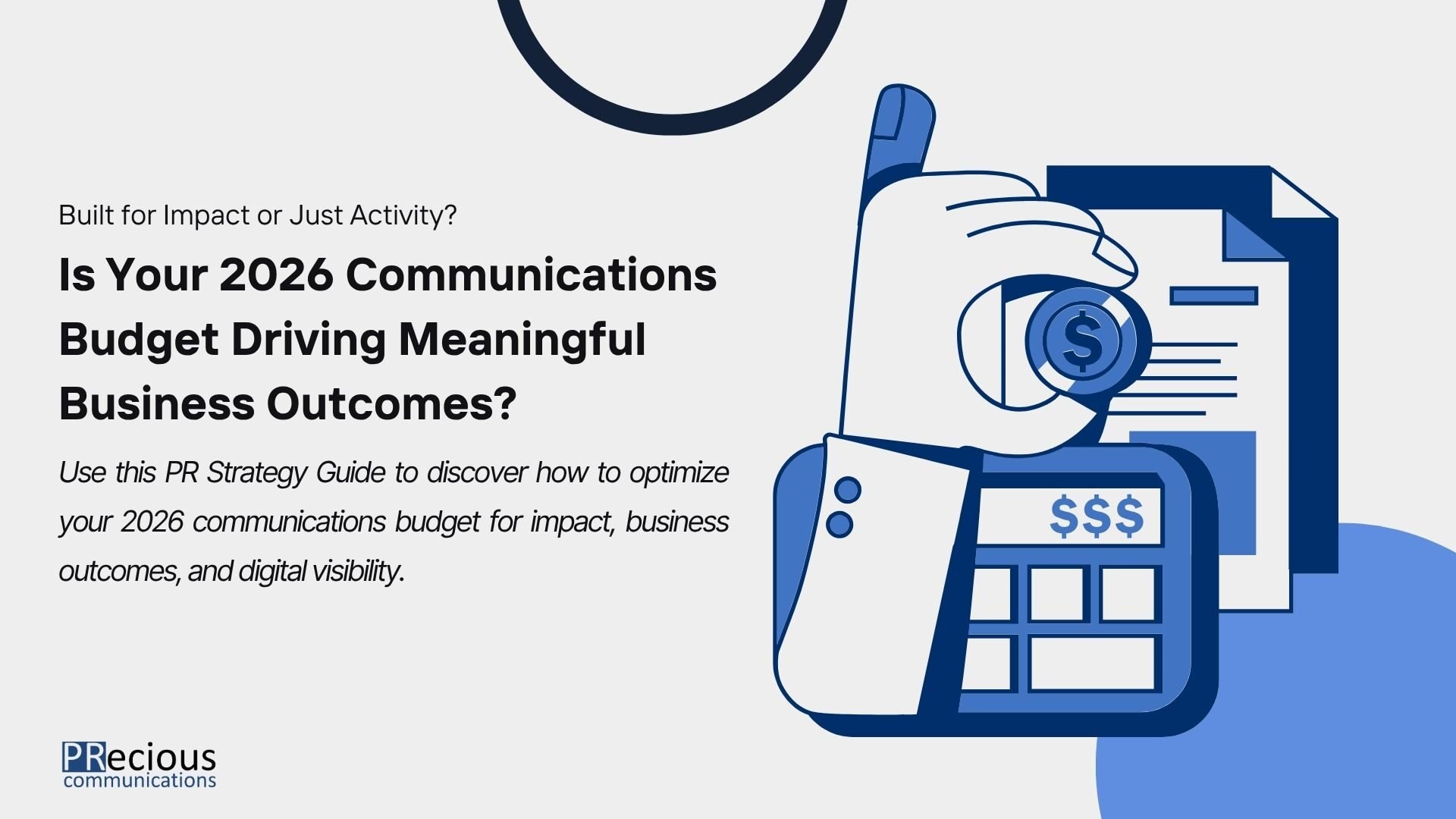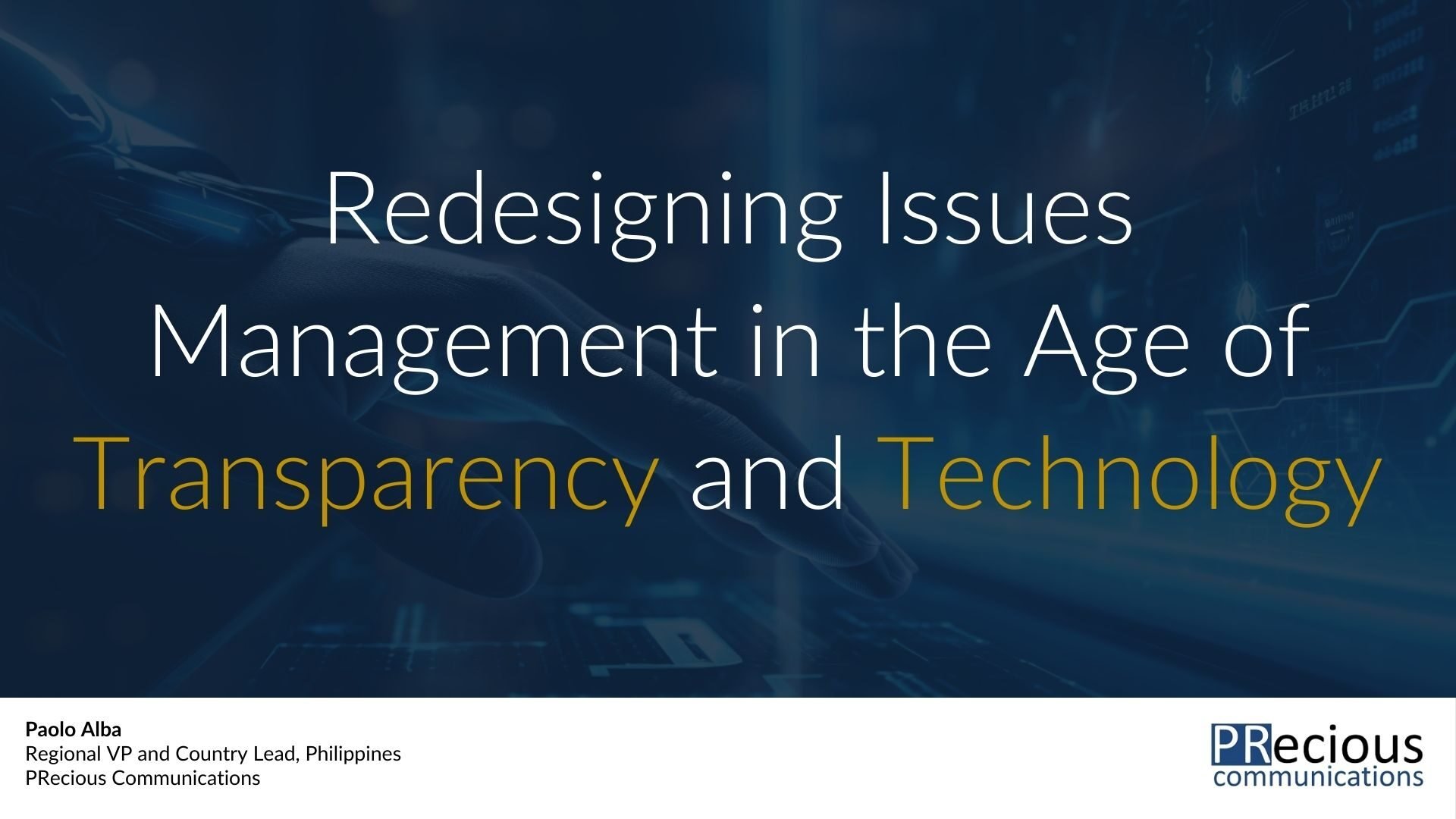Over three days in Nairobi, Africa Global PR Week 2025 spotlighted a continent that is no longer an emerging footnote but a driving force in the evolution of communications. From authentic storytelling to AI-era discoverability, here are the key takeaways that global communicators cannot afford to ignore.
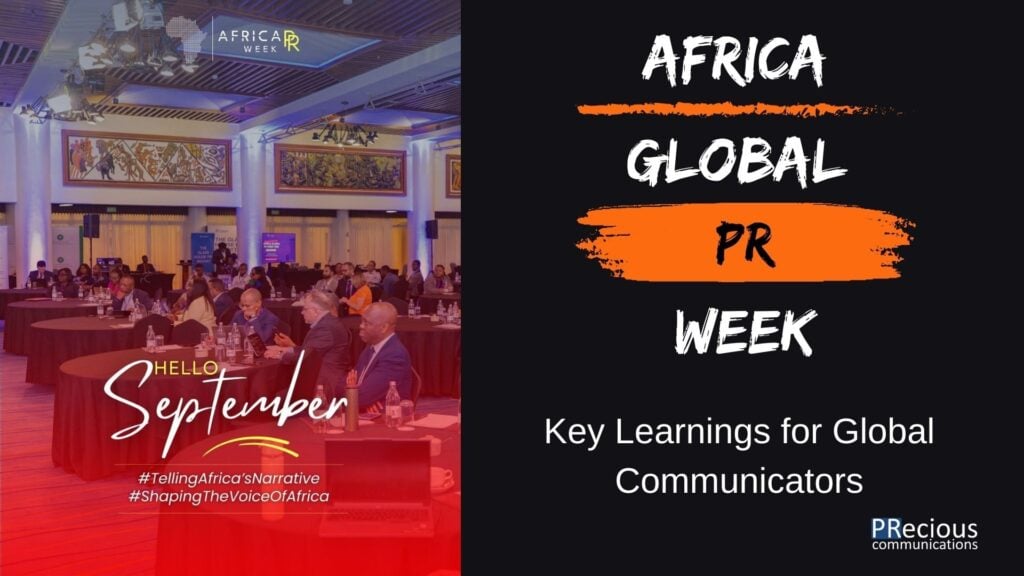
1. Africa’s Moment Is Now
Mary Njoki, CEO and Founder of Glasshouse PR, reminded us that Africa is not the “dark continent” but the light. With 385 million people online and 60 percent of the population under 25, Africa already accounts for over a third of the world’s youth. This demographic is not just the future. It is actively shaping global culture, commerce, and conversation.
For communicators, this means Africa’s voice is already reshaping narratives well beyond the continent. The same youth-driven energy that has propelled movements in Asia is fueling innovation in Africa. The lesson for us is clear: any strategy for global communications that does not put Africa’s youth at the center risks irrelevance.
2. Innovation With Constraint
Nyadia Gachago, Founder of Mintylime, and Bianca De Beer, Head of Marketing at First Women Insurance, showed how African PR thrives on creativity without billion-dollar budgets. Campaigns often double as market education, building entire industries rather than just brand awareness.
The insight for communicators everywhere is that resource constraints can spark sharper creativity. We see the same dynamic in Asia, where storytelling must often work harder than budget. It is a reminder that authenticity and cultural integration can achieve impact where scale alone cannot.
3. Technology as Equalizer, Trust as Currency
Oliver Mathenge, Storyteller and Media Professional, emphasized that technology is more than an enabler in Africa. From WhatsApp groups to holograms, it is the equalizer that gives communities a voice.
But the message was also that trust cannot be automated. We have seen this firsthand in our work across regions: platforms change fast, but credibility comes from consistency, human interaction, and presence. Technology scales reach, but only trust sustains relationships.
4. Beyond Spin: PR as Prophecy
Israel Opayemi, Managing Director of Chain Reactions Africa, argued that PR is no longer about spin or media management. Communicators must be “prophets in the marketplace,” anticipating risks, predicting consequences, and guiding clients with both science and art.
This perspective resonates deeply with us. Advisory is not about firefighting when a crisis breaks. It is about preparing clients to see around corners, to understand reputational risk before it lands, and to shape responsible decisions. This is where the future of PR lies.
5. Global Brands Must Localize, African Brands Must Differentiate
Joel Chadha, Partner at Portland Communications, noted that one-size-fits-all PR does not work. Just as Samsung and Toyota grew global by tailoring narratives market by market, African brands must differentiate. “Brand Africa” is too broad.
This mirrors lessons from Asia, where global brands must localize and regional brands must sharpen their identities to scale globally. For us, the takeaway is that storytelling works best when it is both hyperlocal and globally resonant. Differentiation is not a choice, it is survival.
6. Data as Compass, Not Destination
Bola Balogun, CEO of The Glam Network, pointed to the AMEC framework as a reminder that analytics must link activity to outcomes. Data is the GPS, but human judgment drives the journey.
For communicators, this reinforces that data alone does not deliver impact. Numbers move people only when they become human stories. In Asia we have seen how direct linkage to business outcomes, such as telco PR tied to SIM card activations, elevates communications from activity to value. That is the benchmark.
7. The Power and Responsibility of Influence
Avril Nyambura, Judy Nyawira, Eddie Butita, and Gilad Millo agreed that authenticity is non-negotiable. Influencers must be consistent, stand for something, and choose partnerships carefully.
For brands and agencies alike, the implication is straightforward: influence without integrity is a liability. We work with creators who know that true credibility cannot be bought, only earned. In an era of short attention spans, consistency and values cut through the noise.
8. Sustainability as Survival
Girish Balachandran warned that purpose cannot be treated as a profit tool without risking “washing.” Thabisile Phumo, Executive Vice President of Stakeholder Relations at Sibanye-Stillwater, underlined that sustainability is not about advantage but survival.
This is a reality we encounter across industries. Stakeholders expect to see real commitments and tangible action, not slogans. Communications must help bridge complex issues into relatable stories, but it cannot mask inaction. Reputation today rests on proof.
9. The AI Era: Africa Can Leapfrog
Panels on emerging technology made one point repeatedly: just as Africa pioneered mobile money with M-Pesa, it can leapfrog again in the AI era. Being “findable in AI summaries” is the new front page of PR.
The same shift is underway globally. Generative Experience Optimization (GEO) and adaptive communications are reshaping how stories surface in both human and machine conversations. The learning for us is that trust, context, and credibility must now be coded into how brands present themselves. Algorithms will never replace authenticity.
10. The Future PR Professional
Mabel Aladenusi called for more innovation and personalization. Lorraine Onduru urged Africans to own their narratives. Princess Sekyere Bih emphasized transparency and honesty, while Viroslava Novosyina reminded us that AI will never match human empathy.
Taken together, these voices point to the evolving role of the communicator. The future professional must blend data literacy with cultural intelligence, technological fluency with empathy. That balance is as critical in Africa as it is in Asia, and it is the standard we hold ourselves to.
A Global Lens: Lars Voedisch at Africa PR Week
Lars Voedisch, Founder and Group CEO of PRecious Communications, brought an Asian and global perspective to Africa PR Week. He contributed to several key discussions, including panels on “Innovation and Technology in PR: The African Perspective”, “The Power of Data and Analytics in PR Campaigns” and “The PR of Tomorrow: Leveraging Emerging Trends & Technologies”, as well as a fireside chat on “The Role of PR in Shaping Africa’s Narrative”. The discussions highlighted how measurement must evolve from activity reports to frameworks that demonstrate clear business outcomes, a message consistent across both Africa and Asia.
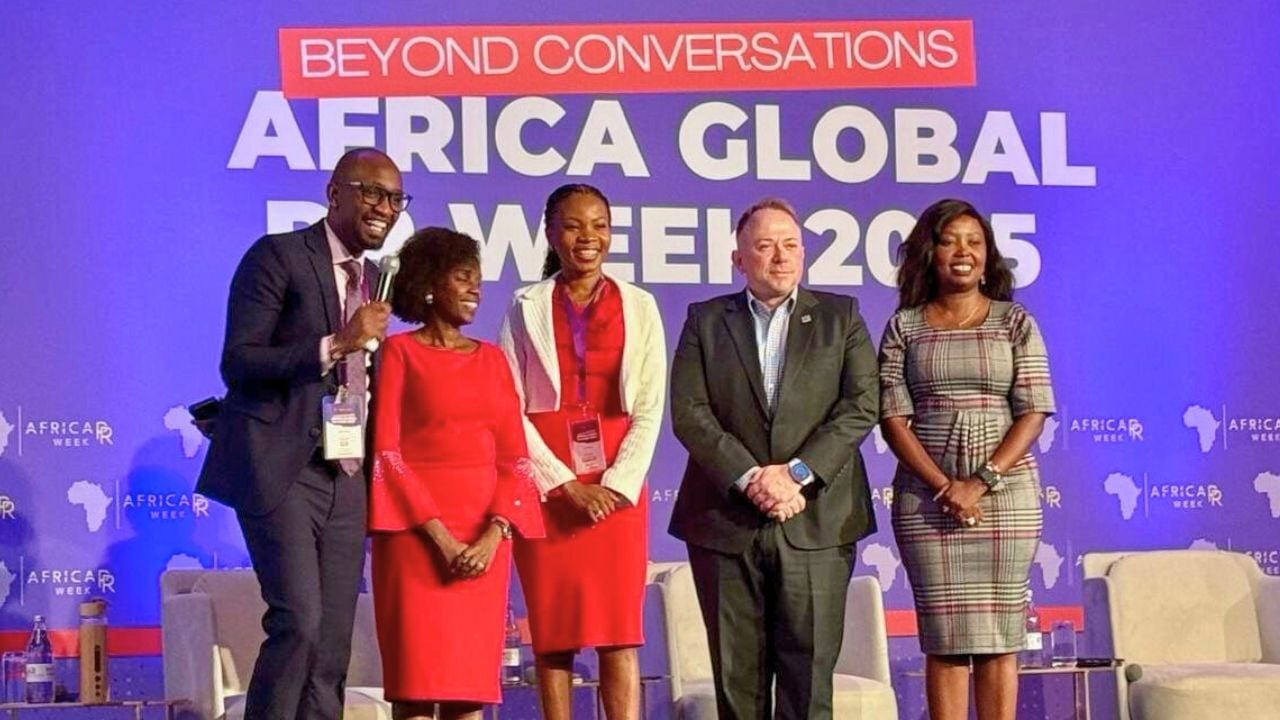
For us, the learning reinforces a shared global truth: PR must deliver more than visibility. It must prove impact, connect directly to business value, and bridge the gap between data and human stories. Lars’ contribution underscored the importance of not just tracking metrics but using them as a compass to guide strategy. That is the role of modern communicators, across Africa, Asia, and the world.
Final thought: Africa does not need to follow the world in PR innovation. Like with M-Pesa, it can leapfrog. Global communicators who overlook this will miss one of the most dynamic forces shaping the future of our industry.
Africa Global PR Week made one thing clear: the future of PR will be diverse, digital, and deeply human. At PRecious, we are excited to be part of this journey, connecting insights from Africa, Asia, and beyond.

